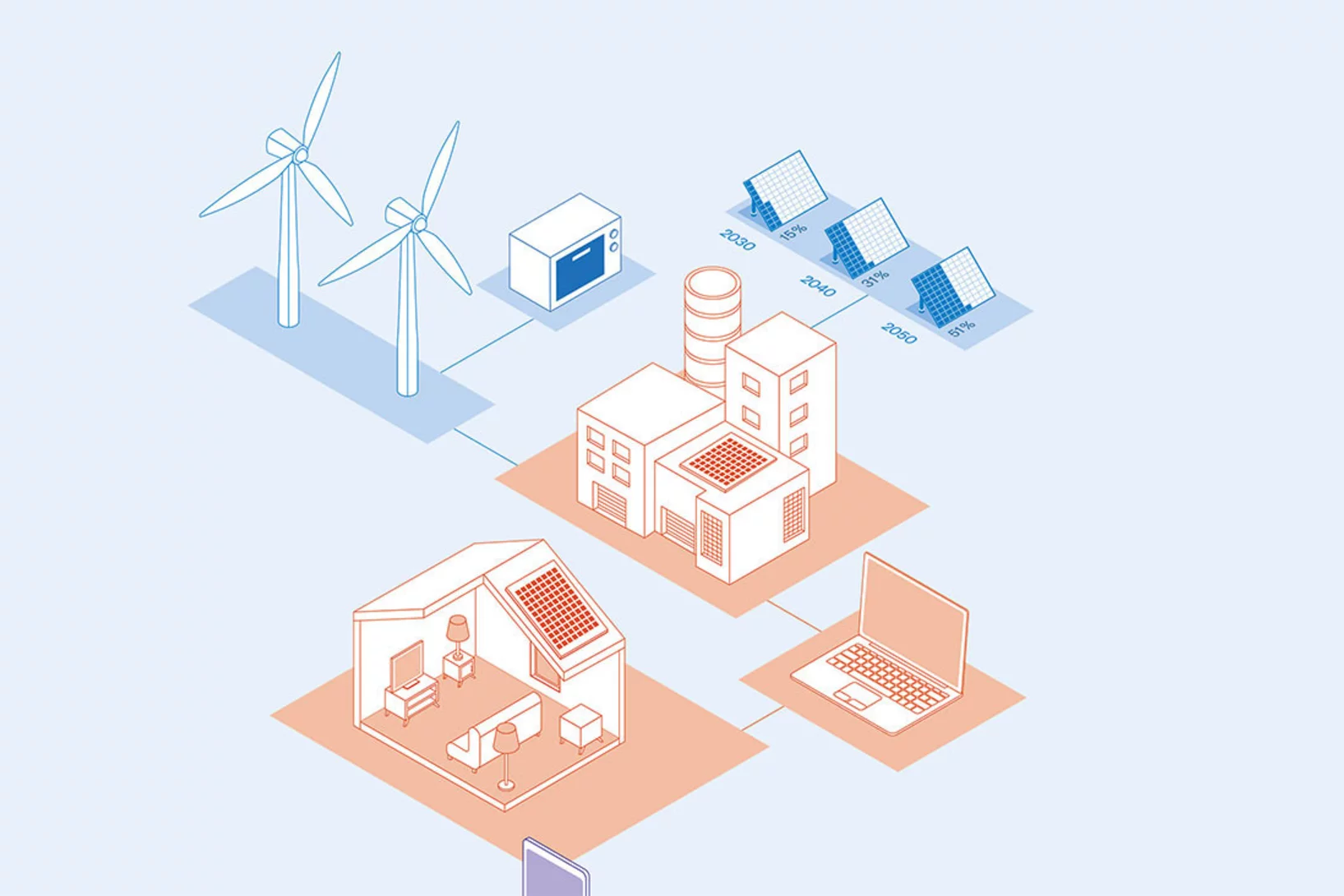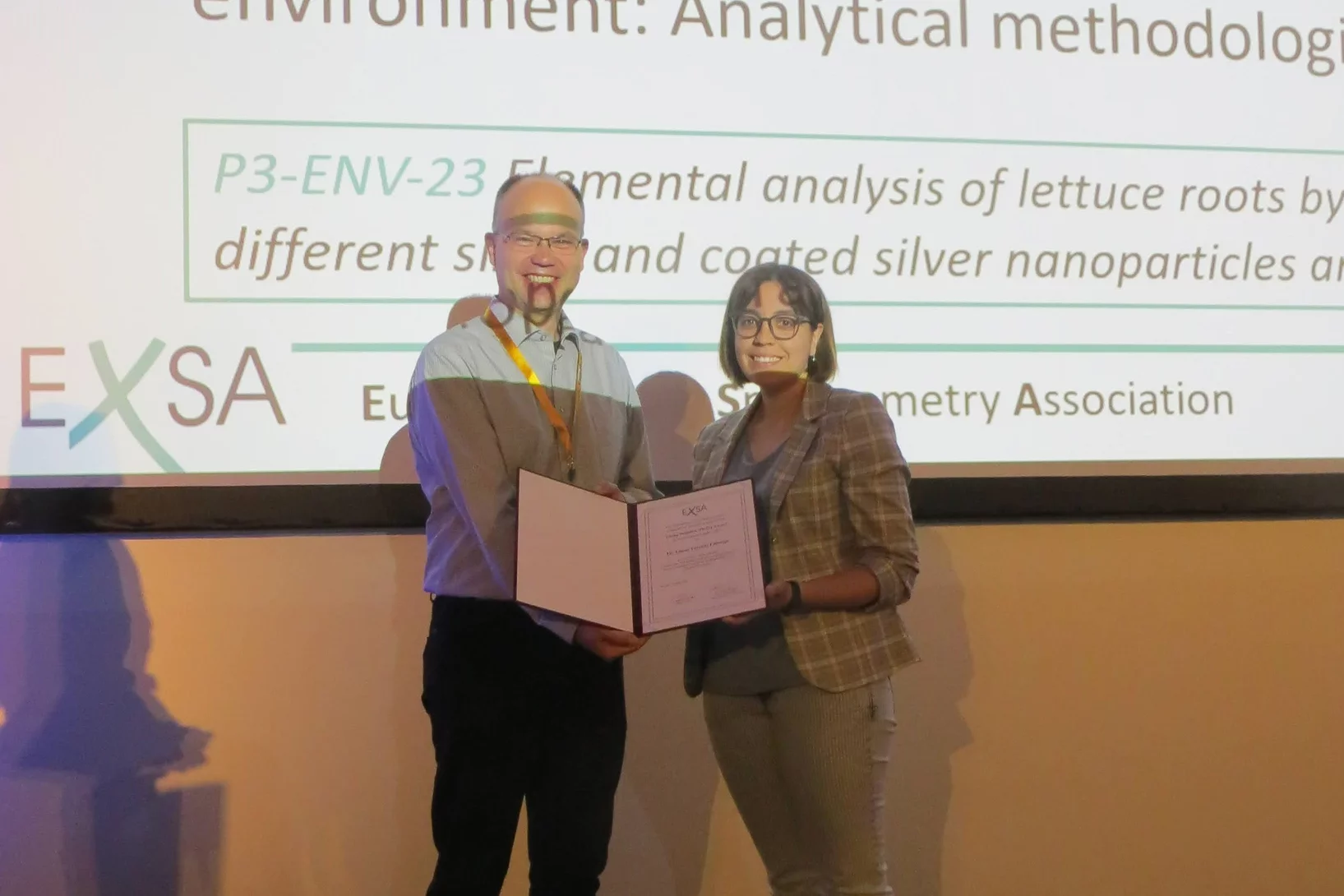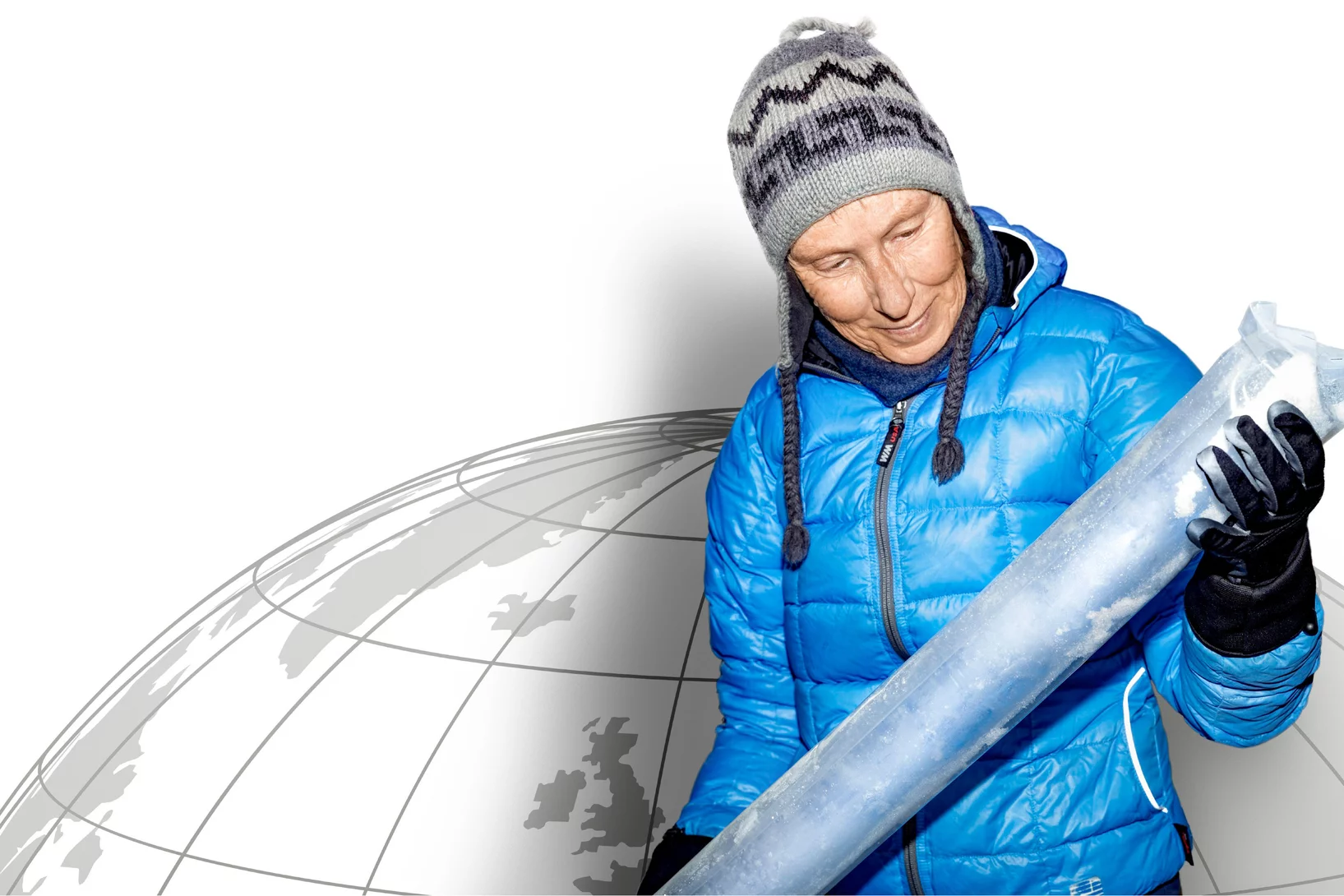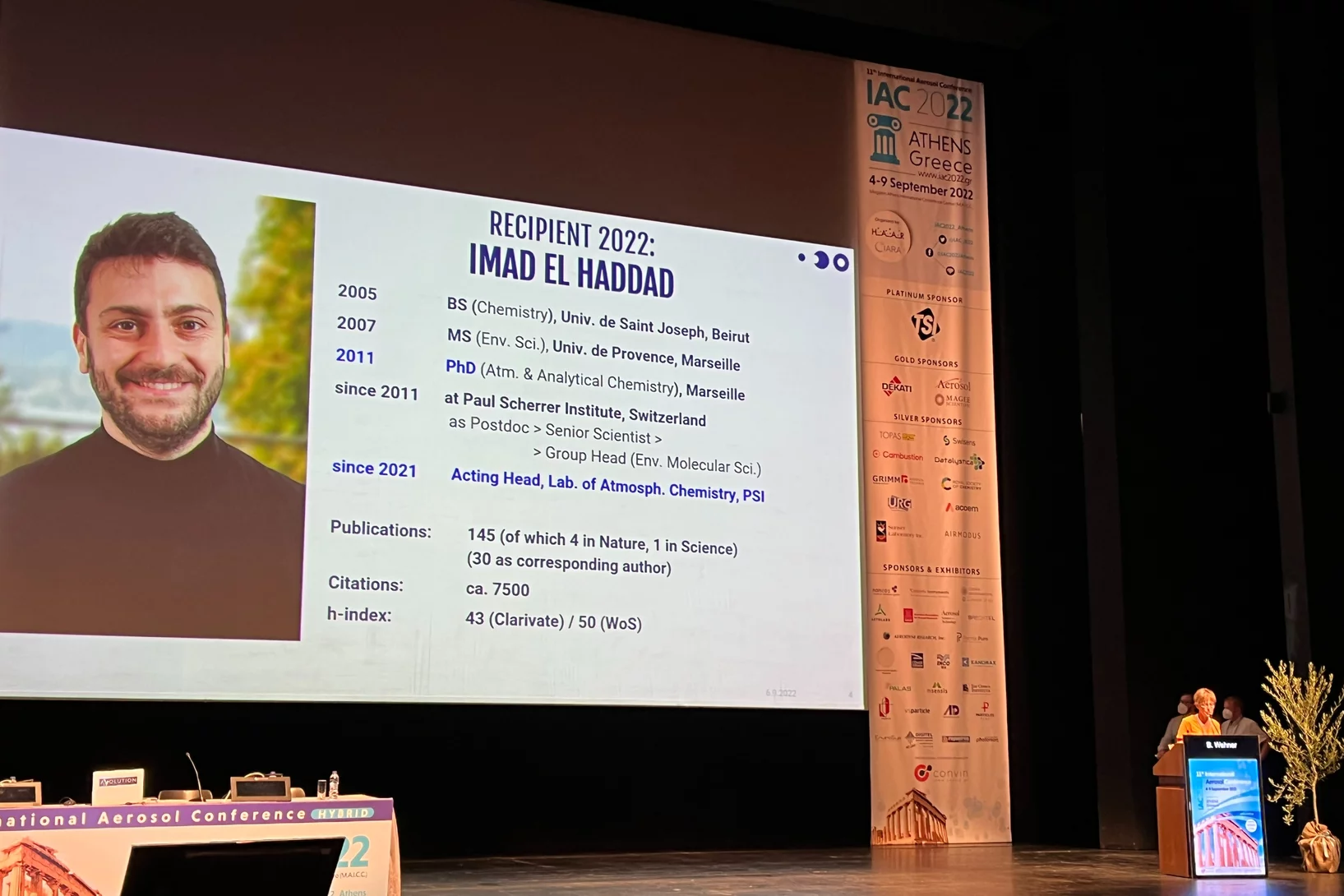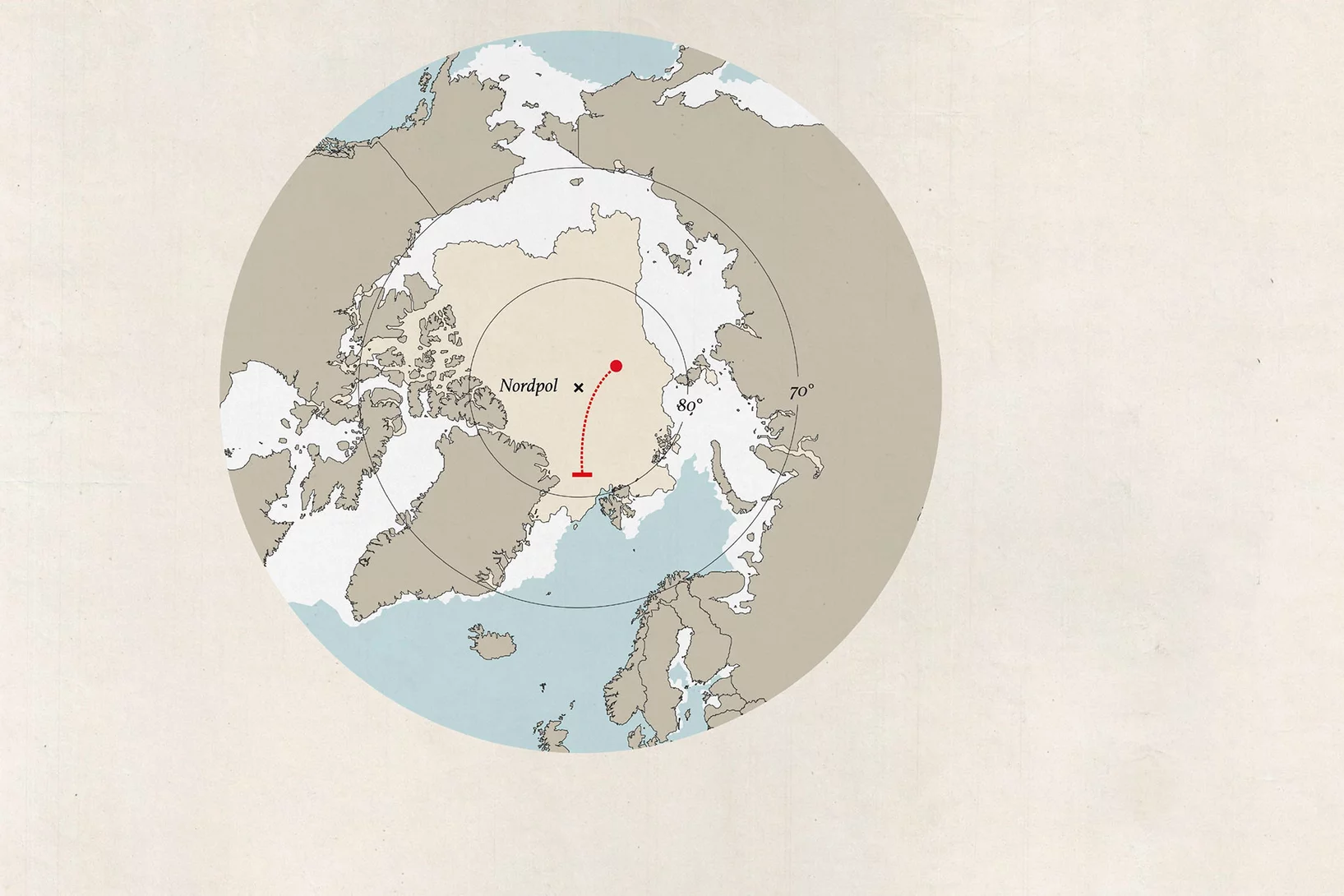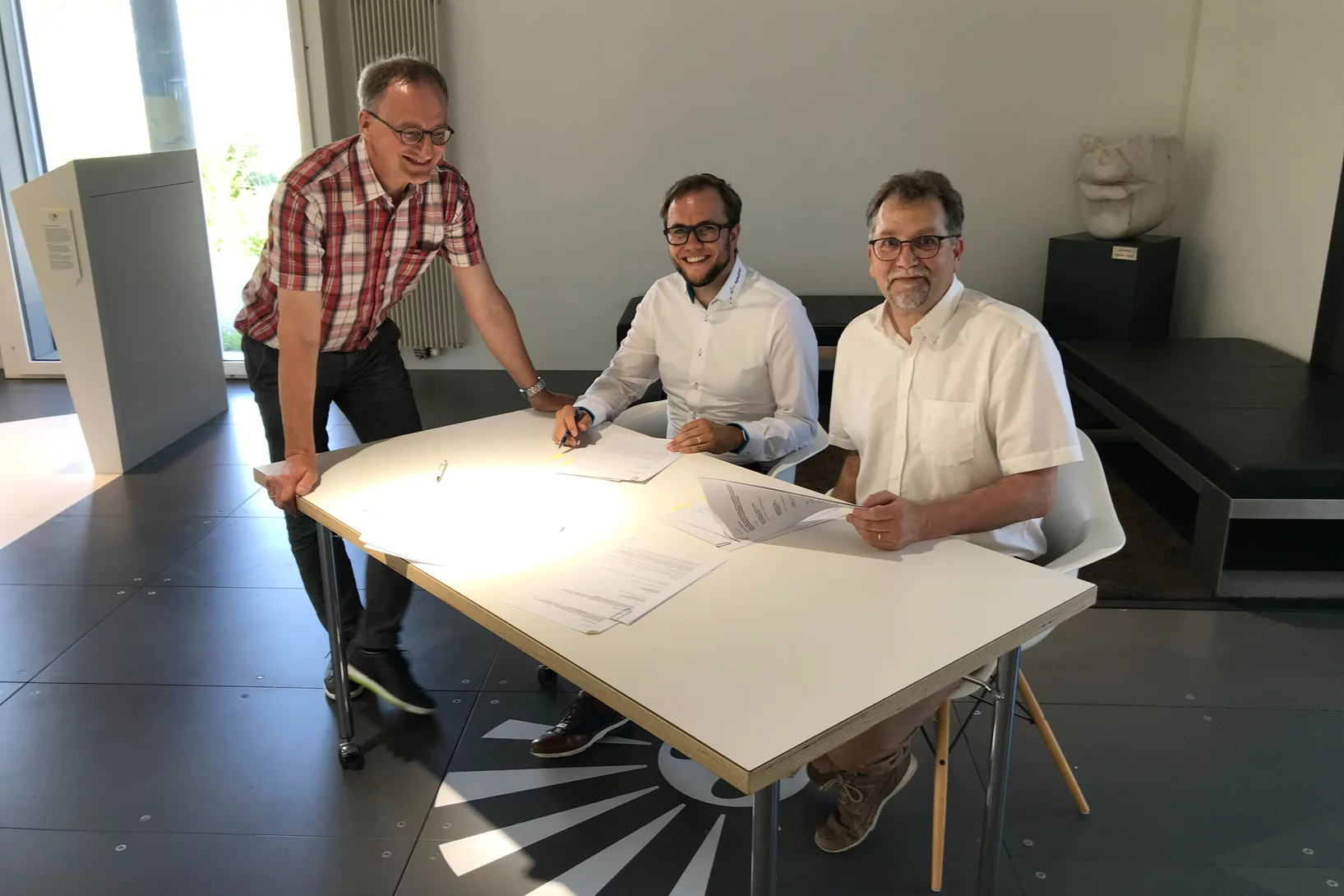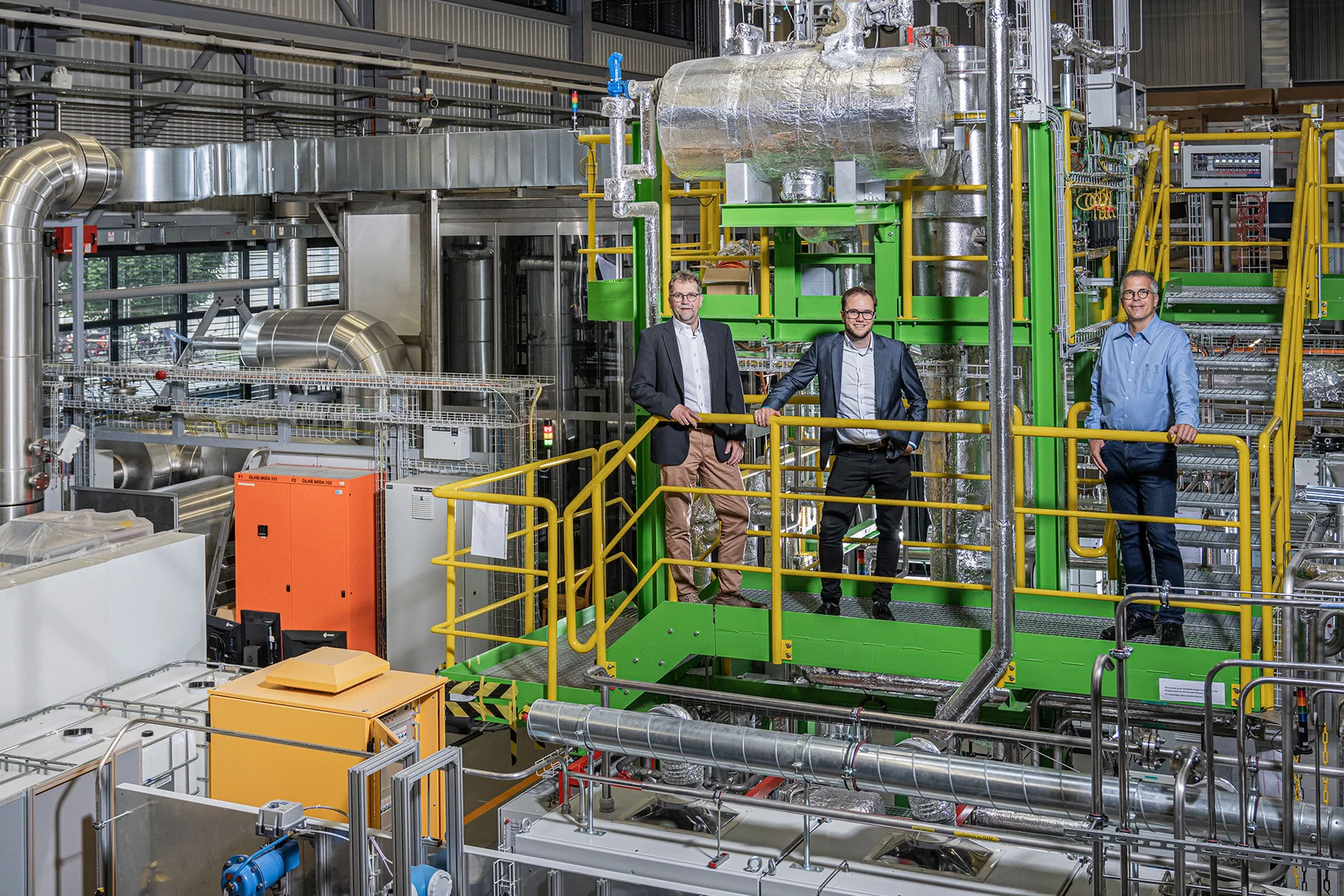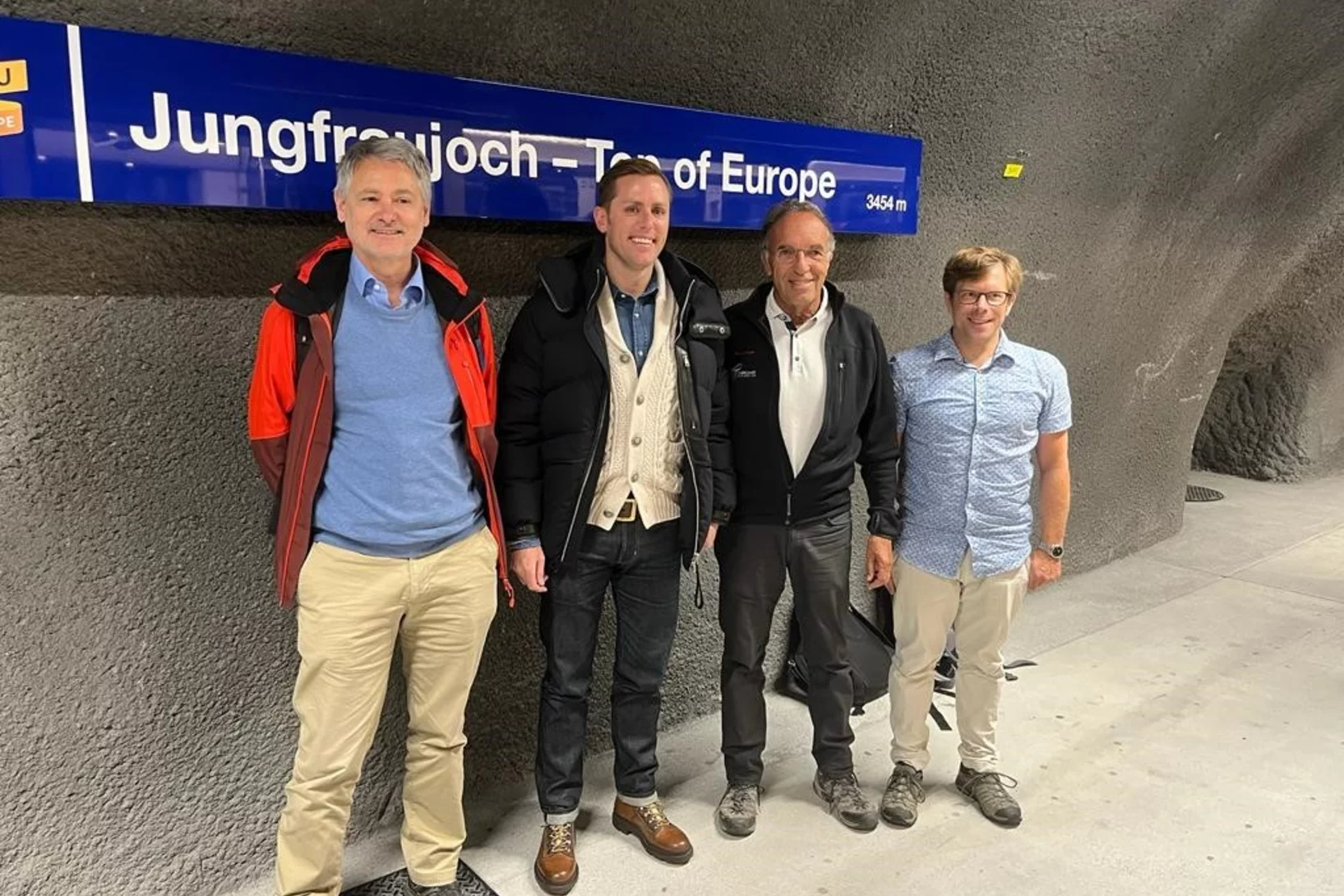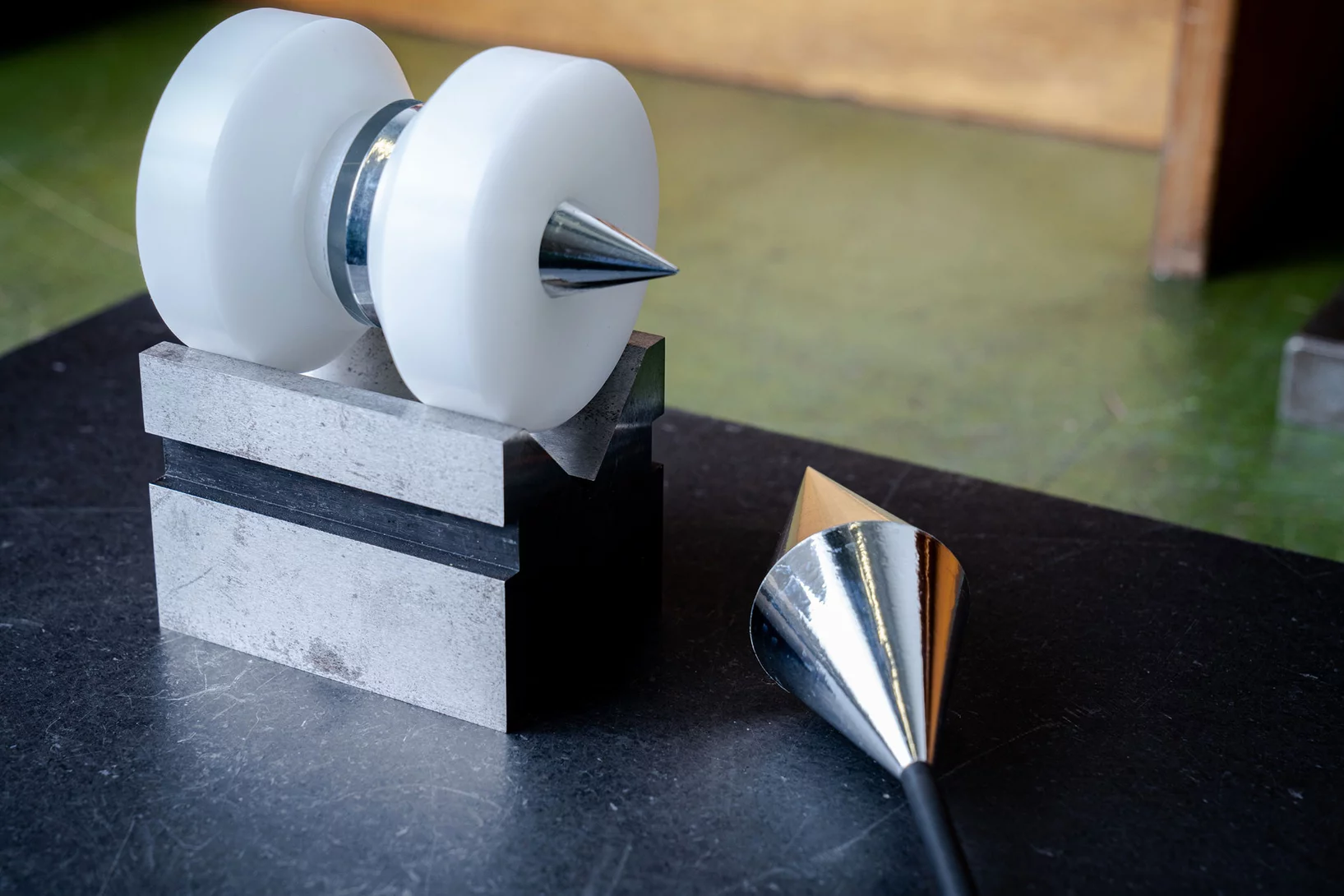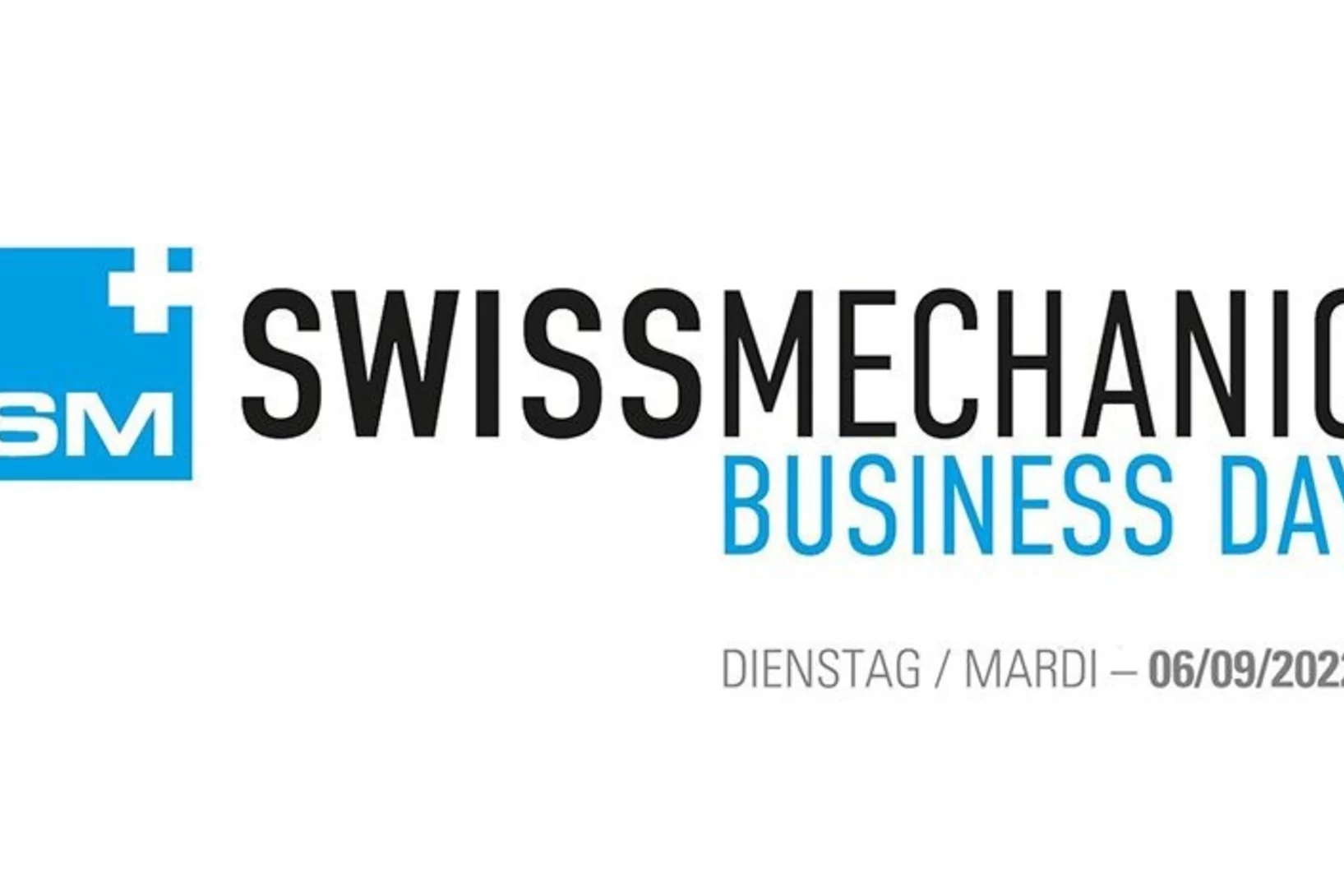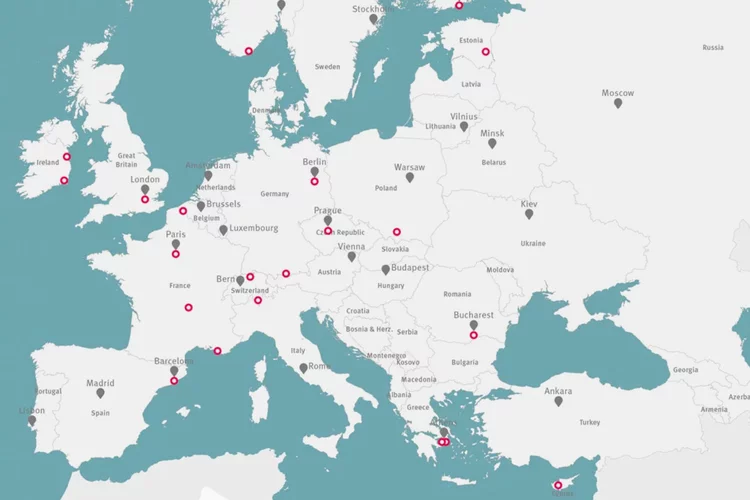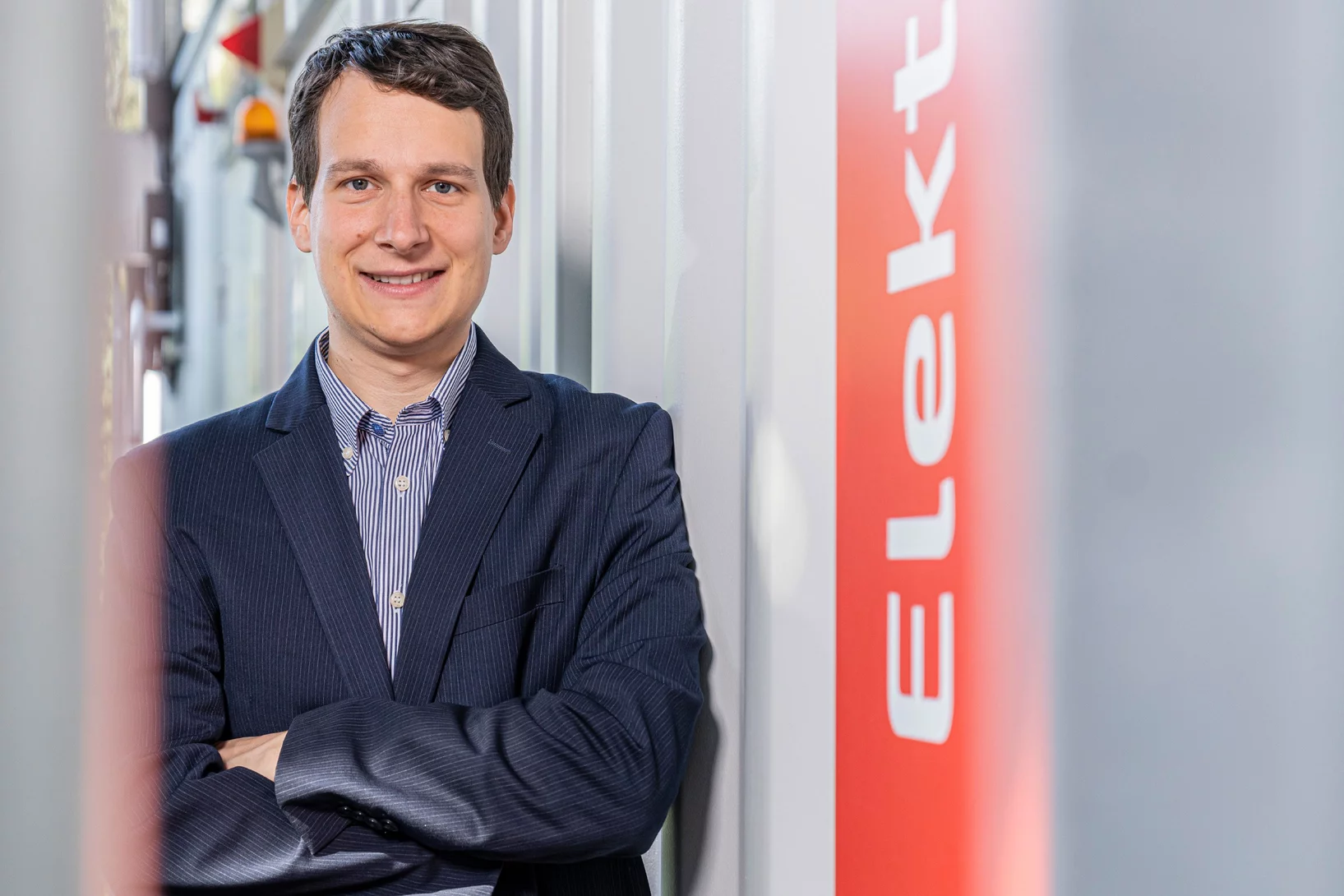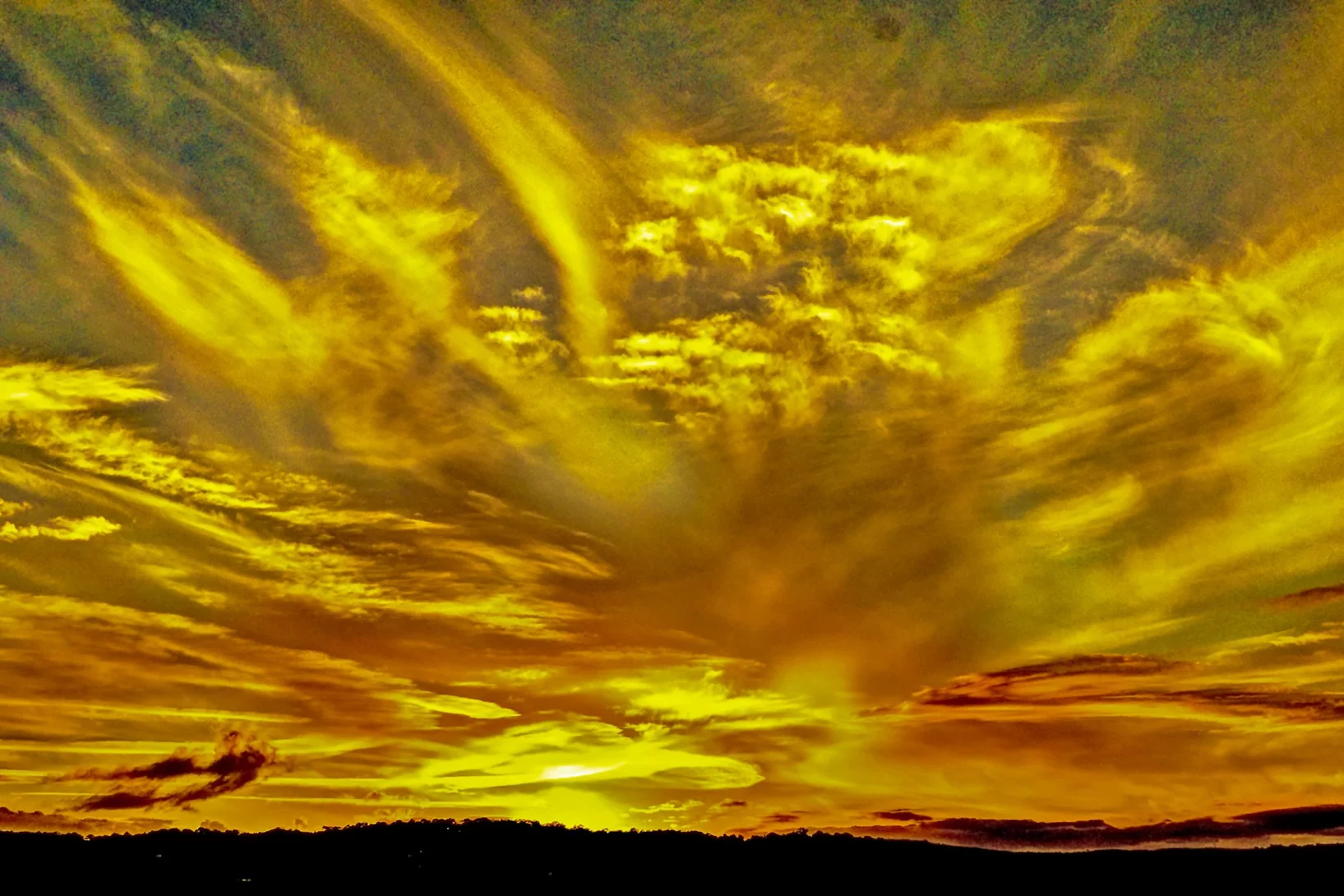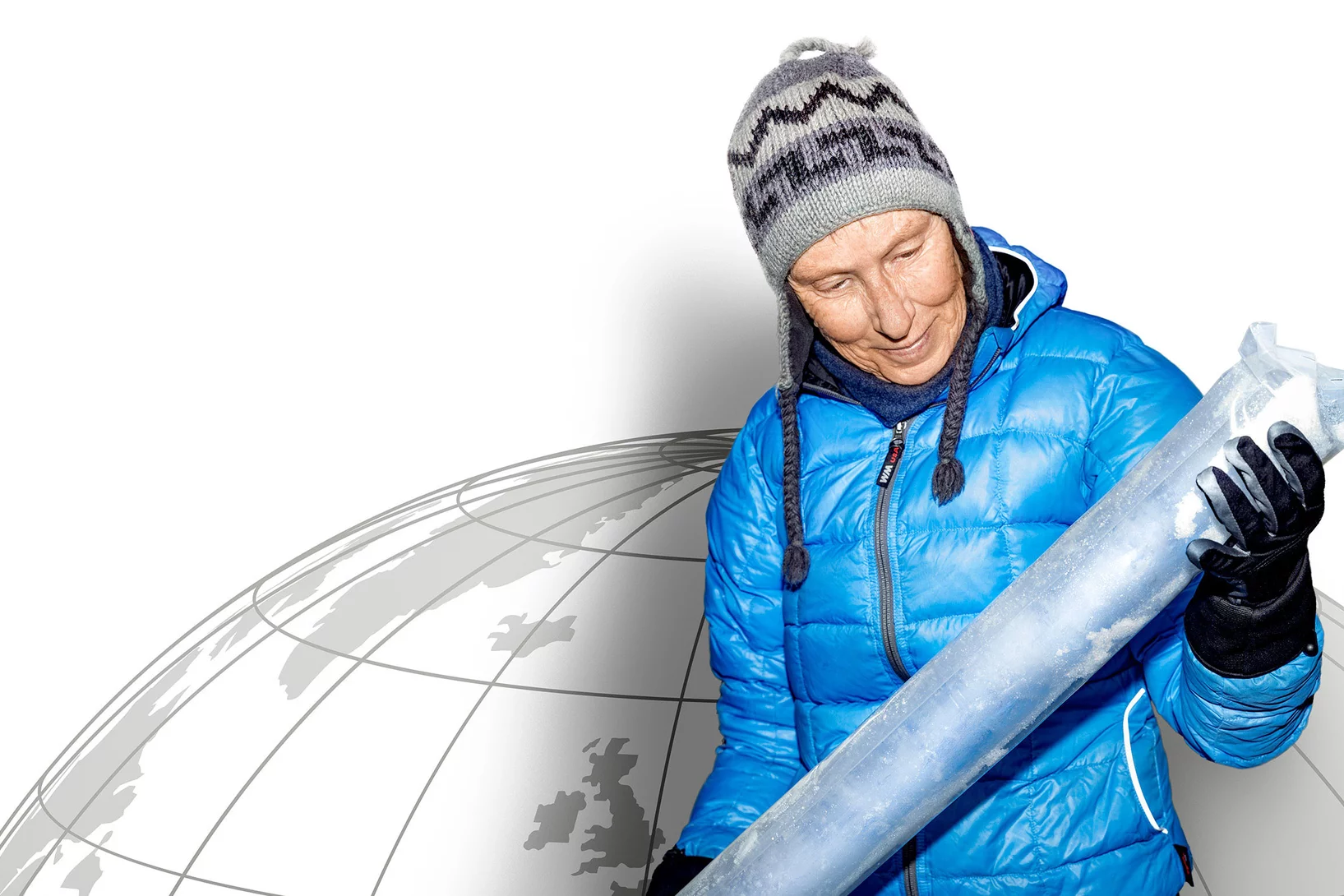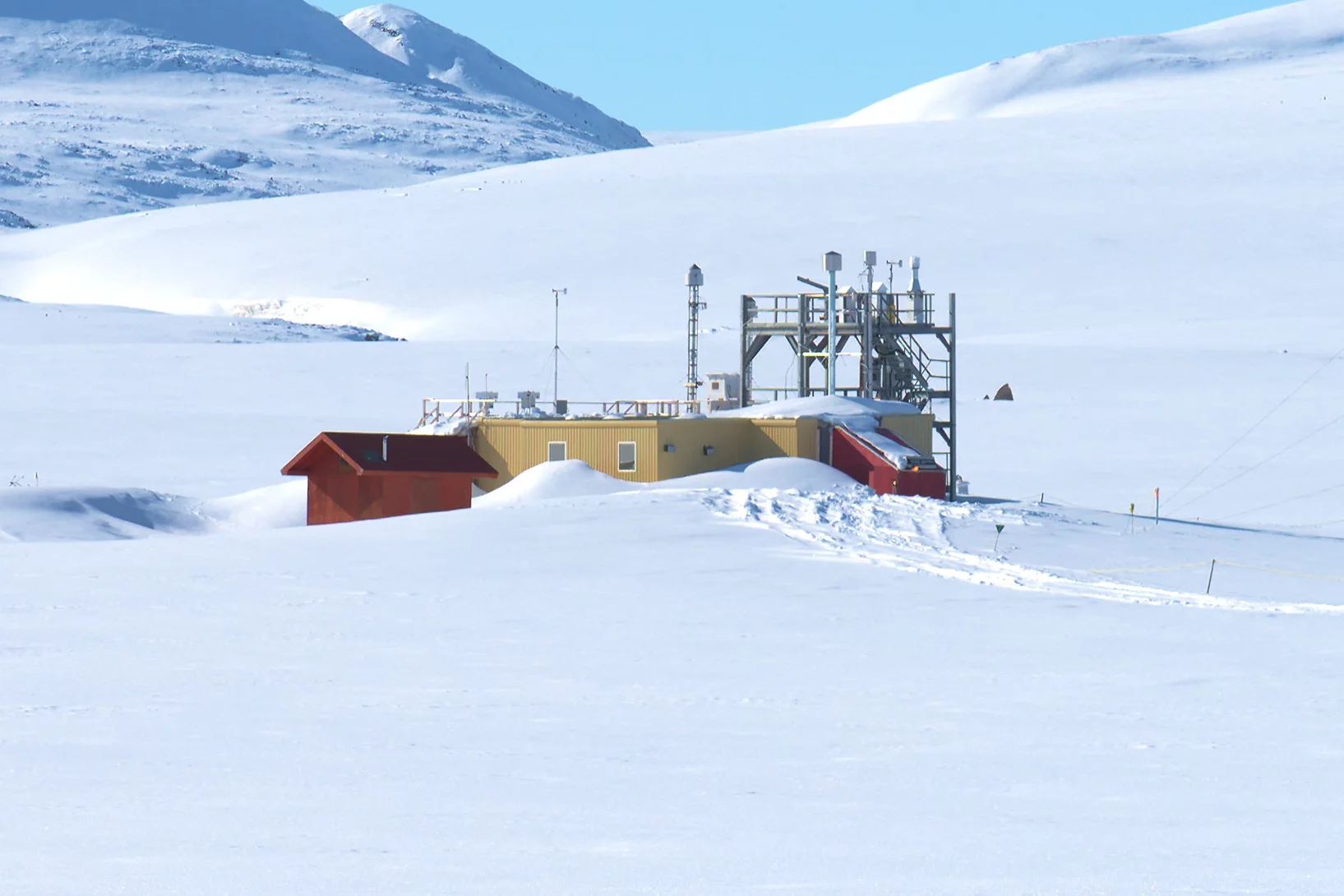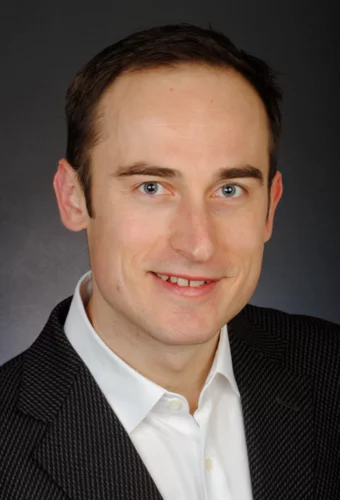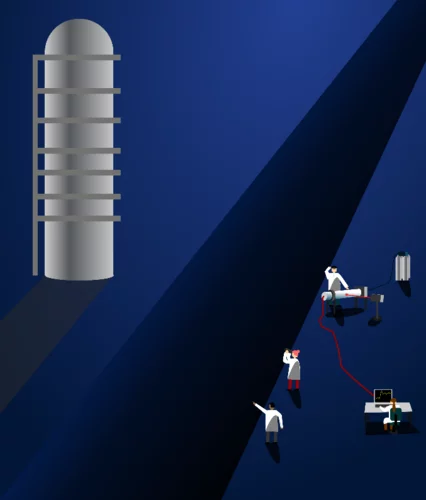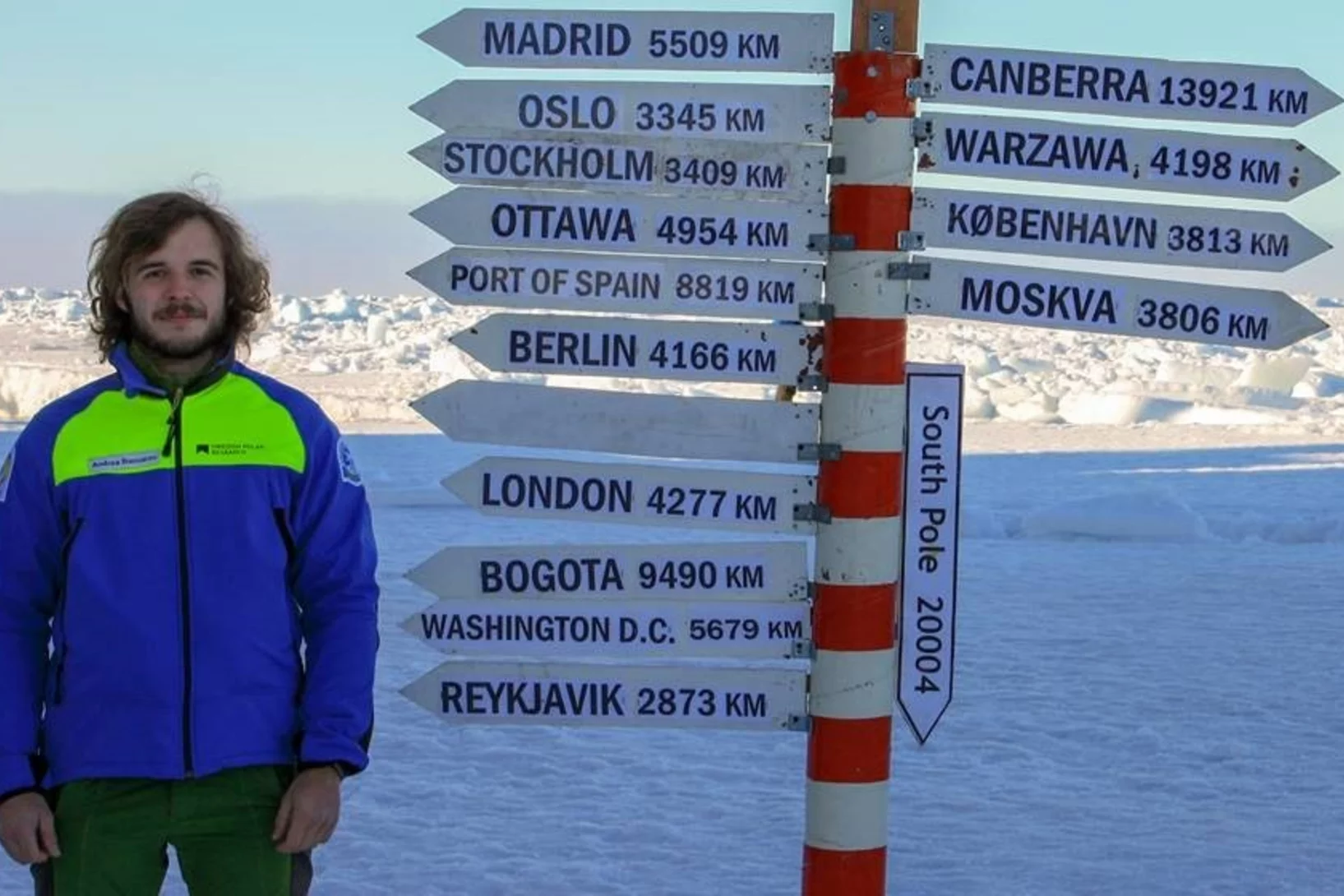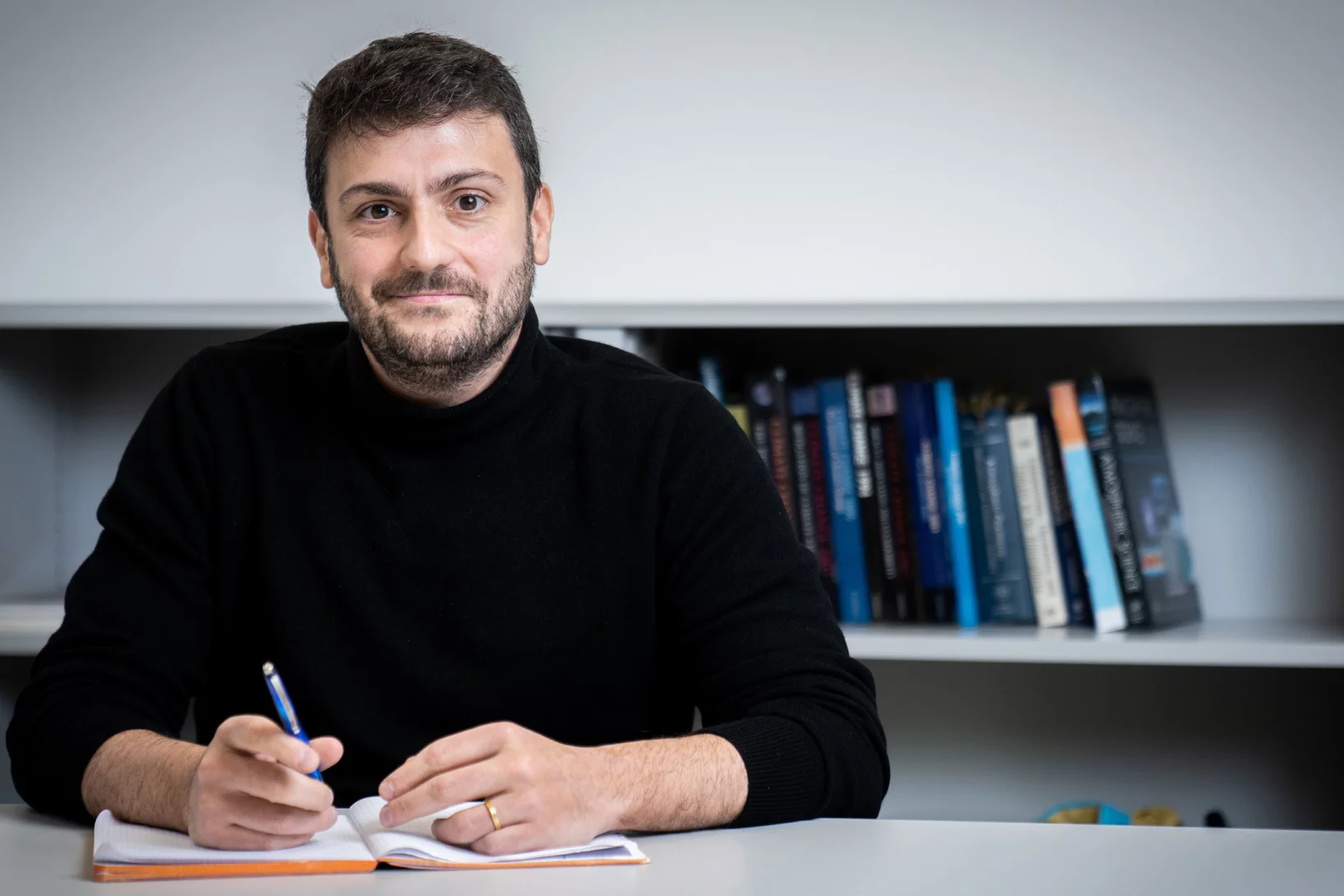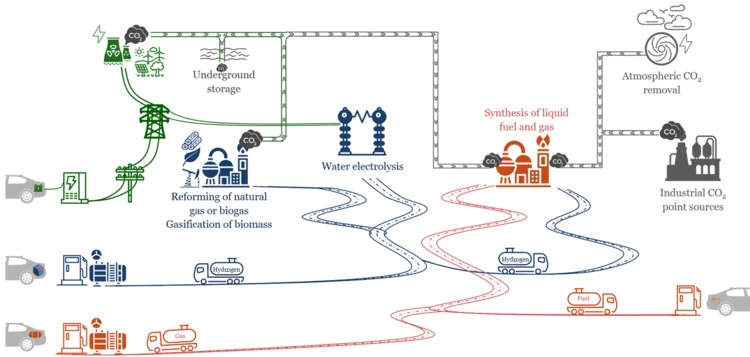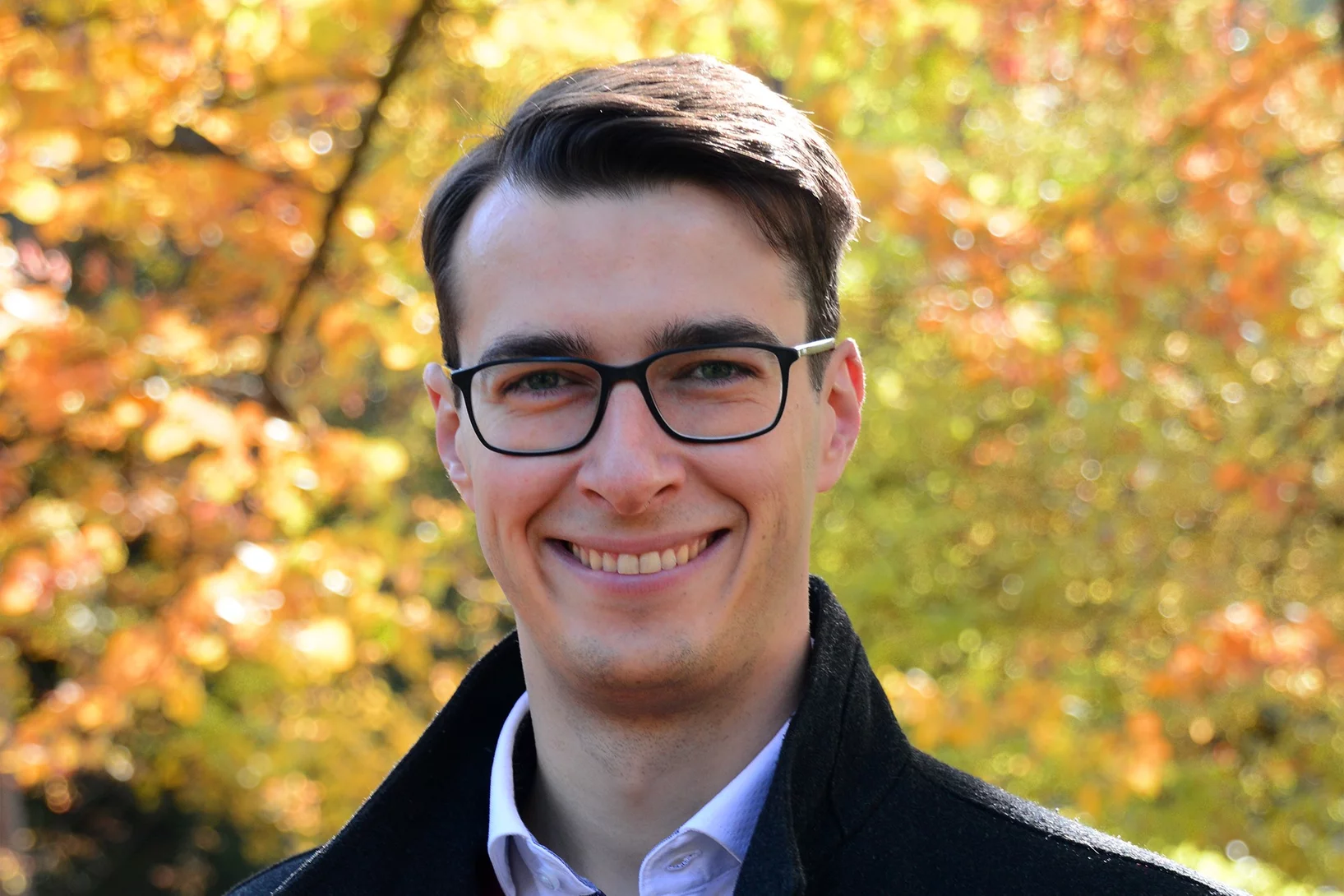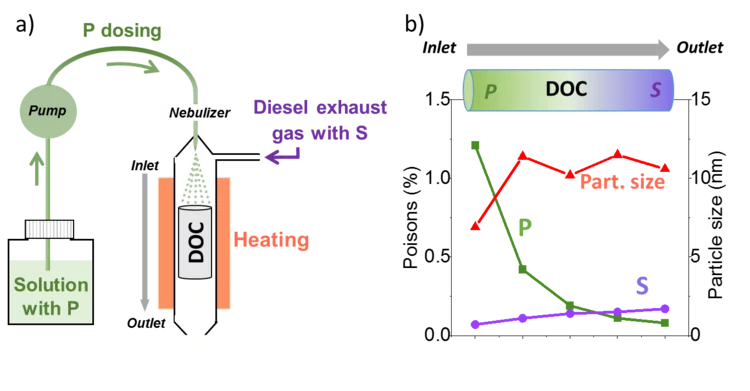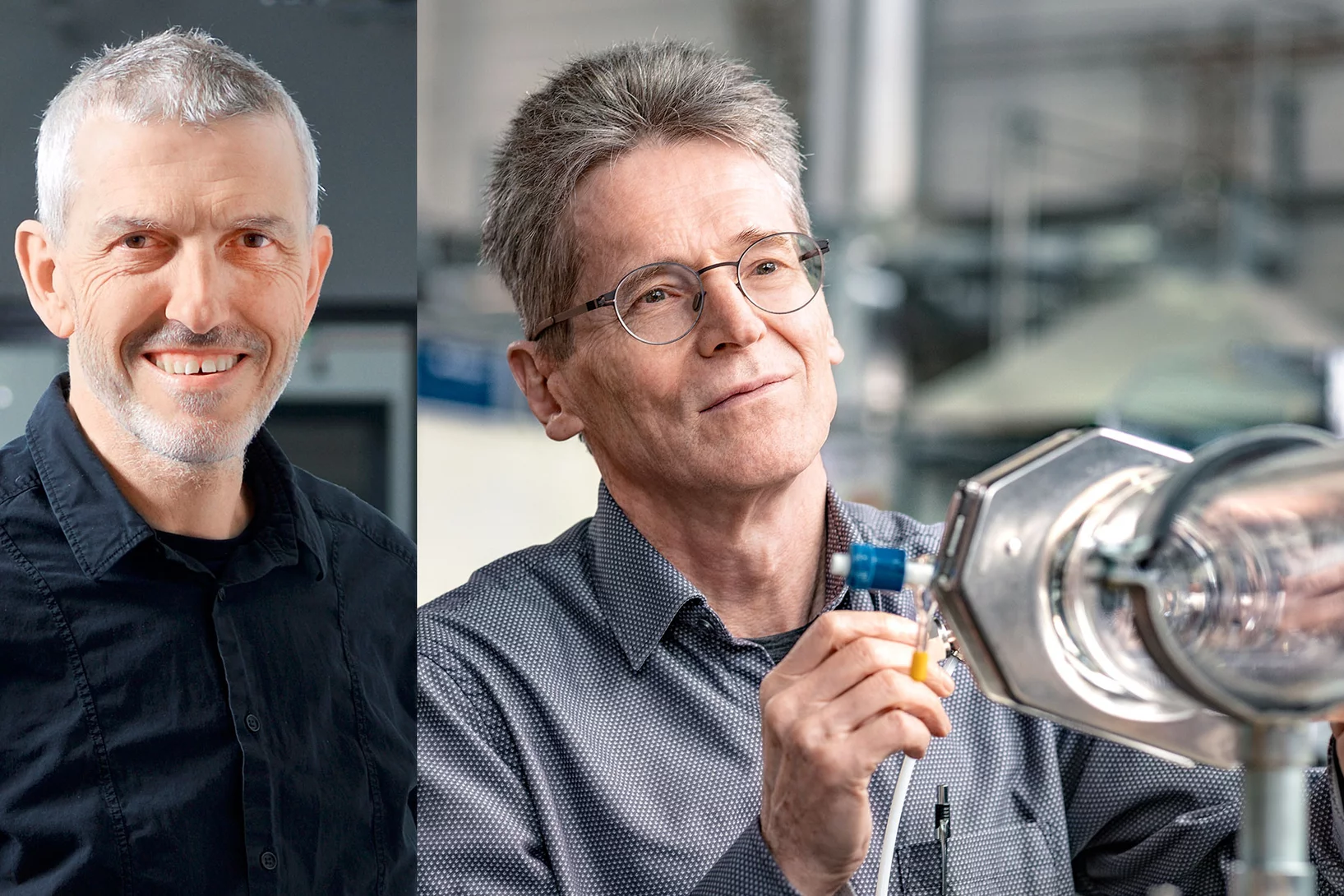How mixing of atmospheric aerosols affects the environment
Peering inside atmospheric particles provides clues to effects on climate and health, finds Paul Scherrer Institute and University of British Columbia study.
“More objectivity would be helpful”
The current energy debate could do with more facts and less gut feeling – argue Thomas J. Schmidt, renewables expert, and Andreas Pautz, nuclear energy specialist.
EXSA Young Scientist Award goes to Laura Torrent!
Dr. Laura Torrent, Postdoc at the laboratory for bioenergy and catalysis, was awarded the European X-ray Spectrometry Association (EXSA) Young Scientist Award 2022 at the PhD Level for her Doctoral Thesis entitled "Occurrence and behavior of silver nanoparticles in the environment: Analytical methodologies and laboratory studies".
Jungfraujoch Carbon Balance Campaign measures wildfire emissions from southern Europe
The Jungfraujoch Carbon Balance Campaign is a measuring campaign within the ACTRIS project. It is conducted by the Paul Scherrer Institute in collaboration with the Stiftung HFSJG, Empa, FHNW, as well as groups from Lille (France), York (England), and Aerosol d.o.o. (Slovenia). The campaign’s aim is to comprehensively measure and characterize the diversity of carbon-containing molecules present in the air in hopes to obtain helpful information on their role in climate and weather relevant processes.
Collecting ice cores before it's too late
PSI researcher Theo Jenk talks about the challenges of ice core research during the climate change crisis.
“A race against time”
At a conference the international ice core science community discusses the latest developments in their field.
Winner of the Schmauss Award 2022!
Imad El Haddad, scientific head (a.i.) of the lab of atmospheric chemistry at PSI, won the Schmauss Award 2022!
The Schmauss award, named after physicist and meteorologist August Schmauss is awarded by the Gesellschaft für Aerosolforschung (GAeF) to recognize outstanding research contributions in the field of atmospheric aerosol science.
A warm intrusion in the Arctic causes extreme pollution levels
Surprising data about pollutants in the Northern Hemisphere
Cooperation and licensing agreement between the Paul Scherrer Institute and Alphasynt
The Paul Scherrer Institute and Alphasynt have recently signed a cooperation- and licensing agreement. In doing so, the two pave the way for a fruitful collaboration in the commercialization of methanation.
Combining forces for the energy transition
The Paul Scherrer Institute PSI and the start-up AlphaSYNT are piloting a new approach for storing energy in the form of methane gas.
High-ranking visitor on the Jungfraujoch Research Station
On Friday 19th of August, US Ambassador to the Swiss confederation Scott Miller visited the Jungfraujoch, where PSI scientists conduct research at 3580 meters above sea level.
PSI’s own brand
Components made to order in PSI’s express workshop
PSI at the Swissmechanic Business Day
When: 6. September 2022, 9am - 6pm
Where: Halle 622 Zürich-Oerlikon
Topic: «ENERGIE – Geht der Schweiz der Strom aus?»
Language: German
On the Swissmechanic Business Day various renowned speakers offer perspectives from on the topic "ENERGY - Is Switzerland running out of electricity?". Innovations and products will be exhibited, including the Paul Scherrer Institute's ESI Cube - a mobile exhibit of the "Energy System Integration" experimental platform, which is available to research and industry partners. The Cube makes the complex topic of energy storage and conversion comprehensible in a playful way.
Marco Ranocchiari takes on the lead of the ESI project as of July 1st, 2022!
«I am very excited to lead a strategic project and the extraordinarily competent and innovative ESI team for PSI, to help contribute to the transition to net zero.»
European map of aerosol pollution can help improve human health
Researchers have measured and determined the sources of aerosol pollution at 22 locations in Europe.
Power-to-gas system for energy independence
New technology provides synthetic natural gas for domestic heating
Atmospheric globe-trotters
The CLOUD experiment reveals a new mechanism by which atmospheric particles form. The particles rapidly travel the world, globally impacting cloud formation and climate.
Deep learning to avoid weather disappointments
Saharan dust storms played havoc with weather predictions. Invertible neural networks to retrieve aerosol properties from light scattering data may help.
Rescuing Earth’s icy memory
An international research team with PSI participation is rushing to preserve glacier ice for posterity.
Scientists map Arctic aerosols to better understand regional warming
In order to better understand climate change in the Arctic and design effective mitigation measures, scientists at EPFL and PSI have studied the aerosols in a region spanning from Russia to Canada.
New Head of Laboratory for Energy Systems Analysis (LEA)
As of February 1st 2022, Russell McKenna joins the Paul Scherrer Institute’s Laboratory for Energy Systems Analysis (LEA) as head of the Laboratory. The position at PSI and the full professorship at ETHZ will enable him to combine his research with teaching activities. This optimally reinforces the cooperation between ETH Zurich and the two energy sectors, ENE and NES, of the PSI.
Optimization of catalyst performance to increase efficiency of methanol production
Many types of catalysts have been well known for decades, but the fundamental understanding as to why they work so well is still not quite clear. Without this understanding, an even more efficient catalyst cannot be developed, which is needed to reduce the global energy demand. Copper-zinc-alumina (CZA) is a popular catalyst and has been used for about 100 years, as it facilitates the production of the important chemical building block methanol, a molecule that enables the storage of hydrogen in a manner that minimizes negative impact on the carbon-dioxide footprint. Until 2021, scientists debated over the reason why the catalyst works so well. Understanding the reason behind this is vital in order to further develop even better ones. The copper-zinc-alumina (CZA) catalyst is assessed at the Laboratory for catalysis and sustainable chemistry (LSK) of the Paul Scherrer Institute.
Andrea Baccarini, former member of the Laboratory of Atmospheric Chemistry, awarded the ETH Medal for his PhD thesis
Andrea Baccarini, a former PhD student at the Laboratory of Atmospheric Chemistry, has been awarded the ETH Medal for his thesis investigating aerosol formation in the Arctic and Antarctic and the role aerosols play in climate change.
Asthma: diagnosis in a single breath
PSI is involved in the development of a breath test that can be used to diagnose asthma. Imad El Haddad explains why such a test could be extremely useful – especially for children.
E-fuels and electrification as complementary approaches to achieve climate target
Sustainable, synthetic fuels, so-called e-fuels, can help reduce CO₂ emissions. For their production, electricity from renewable sources is required in order to allow for a close to CO₂-neutral balance. The availability of electricity from renewable sources, which ensures the climate benefits of e-fuels, is currently still limited. “Especially in order to produce on a larger scale, a lot of renewable electricity is needed,” explains Christian Bauer, researcher at the Laboratory for Energy Systems Analysis (LEA) at PSI.
LAC scientists awarded Mariolopoulos Trust Fund Award 2022
The paper "Sources of particulate-matter air pollution and its oxidative potential in Europe" published in Nature by Kaspar Dällenbach and his team at the LAC has won the 2022 Mariolopoulos Trust Fund Award, along with another paper in the field of atmospheric environment.
"I could not imagine a better place to have done a PhD"
Bernhard Pribyl-Kranewitter, former PhD student at the Energy and Environment Division, shares with us a glimpse of his time at the Paul Scherrer Institute and where his path has led him. Currently, he works as a senior consultant at Kearney.
PSI’s contribution to COVID-19 detection
One breath is all it takes to detect the COVID-19 infections using a new method developed by the Centre National de Recherche Scientifique (CNRS) in collaboration with the Paul Scherrer Institute.
Unravelling the catalyst aging phenomena in vehicle emission control.
PSI has collaborated with catalyst and engine manufacturers to understand the aging phenomena of emission control catalysts. To this end, a diesel oxidation catalyst with a relevant mileage was carefully analysed; the results suggest that a complex combination of poisoning and thermal sintering is the cause of deactivation during driving. A reactor setup was then developed to simulate poisoning and sintering effects for prediction of catalyst durability in time and cost effective manner.
Two PSI-Scientists nominated «highly cited researchers»
In the research field “Geosciences”, 143 highly cited researchers were appointed worldwide this year, 7 of them from Switzerland, 2 of them from the Paul Scherrer Institute.



